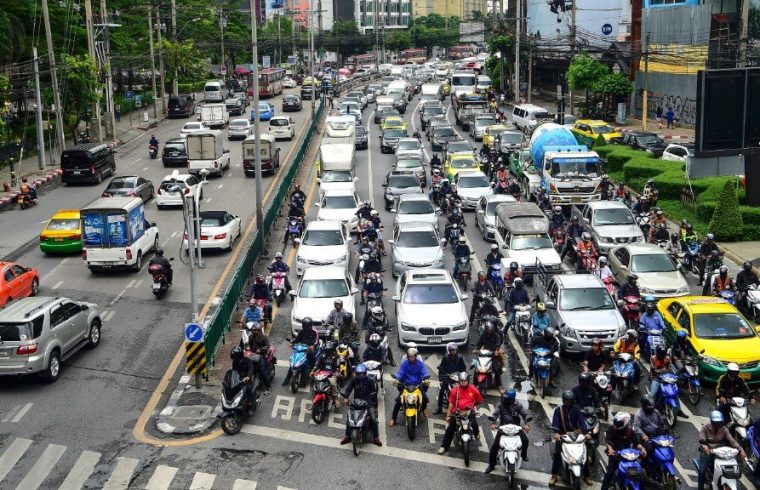
Waze is doing its part to fight California traffic.
The Google-owned navigation app will expand its carpool service to the entire state of California on June 6.
Waze Carpool, which has only been available in the greater San Francisco area, has registered tens of thousands of riders and drivers there. Thousands use it daily, according to Waze.
But to fulfill its mission of helping people everywhere beat traffic, Waze has to expand carpooling more broadly. Now it will apply lessons learned in the Bay Area to the entire state.

Waze Carpool launched in San Francisco in May 2016. It partnered with Google(GOOGL, Tech30), Intuit(INTU), Walmart.com(WMT) and University of California San Francisco to encourage coworkers to carpool.
Related: How Google could bring back old-school carpooling
Riders on Waze Carpool pay drivers a small stipend that covers the cost of gas and some wear and tear on the vehicle.
Waze has tweaked the pricing this spring as it figures out the sweet spot for making carpooling attractive to both riders and drivers. The payments are far less than what ridesharing services such as Uber and Lyft charge.
The service is not intended as a way for drivers to earn a living. Waze keeps payments under 54 cents a mile, the federal government’s reimbursement rate for business travel with one’s own car. That way, Waze also doesn’t have to deal with regulatory questions that come with operating a ride service.
Another consideration is how far to ask drivers to go out of their way. Waze has found some drivers won’t accept a detour of more than five minutes, but others are comfortable with 10-15 minutes.
Josh Fried, head of business development for Waze Carpool, told CNNTech he’s eager to tap the Los Angeles market. It’s a popular area for Waze already, and the traffic is notoriously bad.
For years, transportation experts have pointed to carpooling as an obvious solution to congested roads. Yet the American public has shifted away from carpools. Traditional carpools, such as neighbors driving each other to work, peaked in 1980, with 19.7% of workers partaking. That number dropped to 9% in 2013, the most recent year for which data is available.
Waze has said it also plans to launch its carpool service in Brazil this year.







